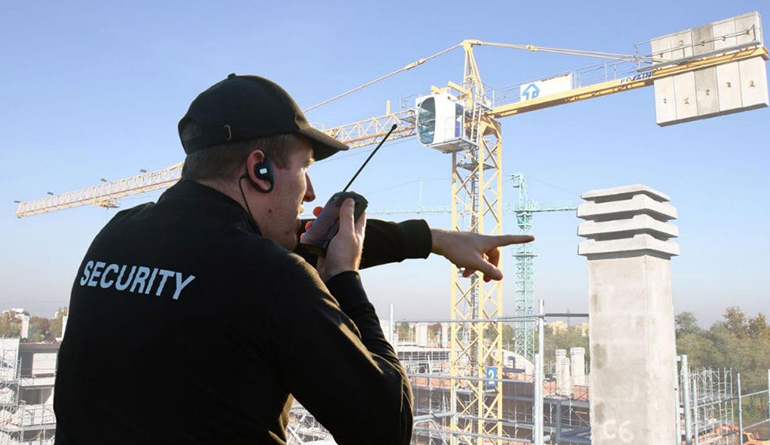How Specialized Industrial Security Guard Services Secure Hazardous Zones?
In today's fast-paced world, industrial facilities, especially those dealing with hazardous materials, face significant security challenges. The presence of dangerous substances, heavy machinery, and a large workforce necessitates a specialized approach to security. Industrial security guard services play a critical role in safeguarding these environments, maintaining a secure environment by preventing unauthorized access, ensuring compliance with safety regulations, and responding effectively to emergencies. The complexity of managing hazardous zones requires trained personnel who understand the unique risks associated with such facilities. From manufacturing plants to chemical storage facilities, industrial security guards ensure that operations run smoothly while maintaining a secure environment.
Understanding Industrial Security Needs:
The industrial sector
encompasses various industries, each with specific security needs. Here are
some key considerations:
- Risk Assessment: A thorough risk assessment is
essential for identifying potential vulnerabilities in industrial
facilities. Security guard services evaluate the unique challenges of
hazardous materials, equipment, and personnel.
- Regulatory Compliance: Many industrial sectors
are subject to strict regulations regarding safety and security.
Industrial security guards ensure compliance with Occupational Safety and
Health Administration (OSHA) standards and other relevant regulations.
- Emergency Response Planning: In hazardous environments, having a robust emergency response plan is vital. Security guards are trained to handle various emergencies, from chemical spills to fires, ensuring a prompt and efficient response.
Critical Roles of Industrial Security Guards:
Specialized industrial security guard services offer a range of functions tailored to the needs
of hazardous zones:
- Access Control: Security guards monitor entry
points to prevent unauthorized access. They verify identities and maintain
logs of individuals entering and exiting the facility.
- Surveillance and Monitoring: Security
personnel utilize advanced surveillance technologies, including CCTV
cameras and motion detectors, to monitor real-time activity. This ensures
that any suspicious behavior is addressed immediately.
- Incident Response: Industrial security guards
are trained to respond swiftly to incidents. Their expertise allows them
to manage situations effectively, from medical emergencies to security
breaches.
- Safety Inspections: Guards conduct regular
safety inspections to identify potential hazards. They ensure that safety
protocols are followed and that employees adhere to safety standards.
- Communication and Coordination: Effective communication is crucial in hazardous environments. Security guards liaise with emergency services, management, and employees to ensure everyone is informed and prepared in an emergency.
Benefits of Specialized Industrial Security Guard Services:
Employing specialized
industrial security guard services brings numerous advantages to organizations
operating in hazardous zones:
- Enhanced Safety: Industrial security guards
create a safer working environment for all employees by preventing
unauthorized access and ensuring compliance with safety regulations.
- Reduced Liability: Organizations can minimize
liability by employing trained security personnel who are well-versed in
safety protocols and emergency response.
- Increased Efficiency: A secure environment
allows employees to focus on their tasks without the distraction of
potential security threats.
- Improved Peace of Mind: Knowing that trained security professionals oversee operations provides peace of mind for management and staff alike.
Specialized industrial
security guard services play an indispensable role in safeguarding hazardous
zones. These services ensure that industrial facilities operate securely and
efficiently by focusing on risk assessment, compliance, and emergency response.
Investing in professional security not only protects valuable assets but also
fosters a culture of safety within the workplace.


.png)
Comments
Post a Comment